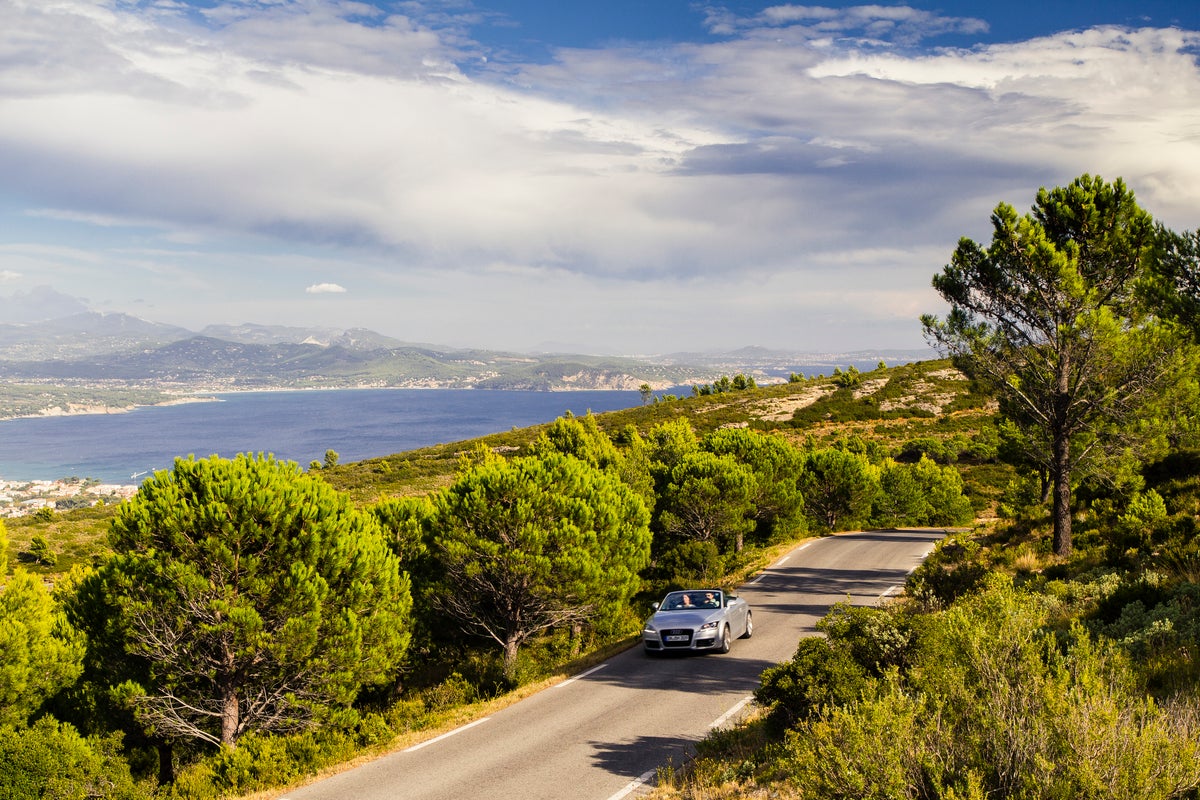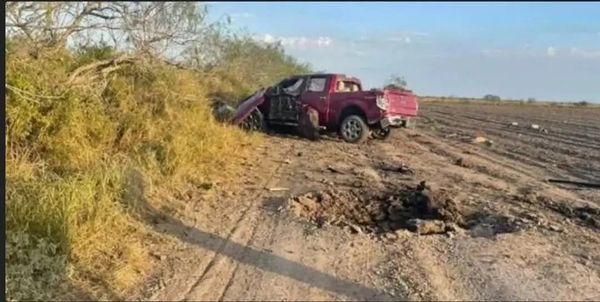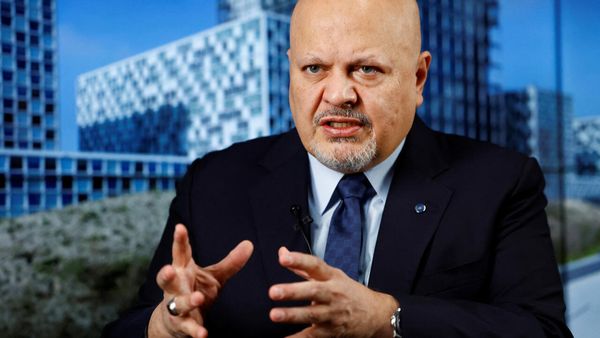
There’s no doubt that plenty of people will be heading to France this year – in fact, it’s set to be the most visited country in the world by 2025, welcoming an estimated 93 million tourists.
From the sights of Paris to the beaches of Nice, the French have a truly enviable catalogue of destinations, whether it’s for city breaks, camping holidays or seaside getaways.
Its close proximity to the UK makes France an incredibly accessible destination for Britons, with many choosing to explore the country by car, a way that allows visitors to see more of what France has to offer.
While some may think of a driving holiday as much more simple than scanning websites, checking in for flights and going to airports, there are still some rules and regulations that Brits need be aware of when driving in France.
We’ve rounded up all the information you need to make sure your trip goes smoothly.
France entry rules and requirements
The main entry requirements to keep an eye on are those relating to Brexit. Anyone entering any of the Schengen Zone countries needs to possess a passport that was issued less than 10 years before the date on which you are entering the country; it also needs to be valid for at least three months after the date on which you plan on leaving.
In addition, remember than you can only stay in Schengen countries for a period of 90 days without a visa.
You may also be asked for proof of accommodation, insurance for the trip, return or onwards tickets and proof that you have enough money for the duration of the stay (this stands at around €65 per day if staying in commercially provided accommodation, such as hotels).
Read more on France travel:
- France travel guide: Everything you need to know
- How to do a family skiing holiday on the cheap
- Paris travel tips: Where to go and what to see
Driving in France
Many of the basic rules for driving in France – other than, cruicially, which side of the road to drive on – are similar to those in the UK. Drivers must be at least 18 years old and in possession of a valid driving licence, while you must also have insurance and vehicle documents (such as a V5) to hand. You do not need to carry an additional International Driving Permit.
The speed limit on motorways is also 80mph in France (68mph when it is raining), while limits on A and B roads were reduced to 50mph in 2018. Remember to give way to the right when at an intersection.
If driving a British car abroad (rather than renting one in France, for example), then you may need to display a white oval-shaped UK sticker on the rear of your vehicle (these replaced the white oval GB stickers in 2021). You must do so in the following cases:
- If your number plate has just numbers and letters with no flag or identifier;
- if your plate has a GB identifier with a union flag;
- if the plate has an EU flag;
- or if your licence plate displays an English, Scottish or Welsh flag.
There are several other driving-related regulations that may be unfamiliar to UK citizens. It is compulsory to carry a warning triangle and reflective jacket (which needs to be accessible without having to get out of the car). You should also carry headlight beam deflectors and spare bulbs for your lights.
You may also need an air pollution sticker, called a Crit’Air sticker. These categorise vehicles according to emissions and may restrict access to certain parts of cities such as Paris, Lyon and Grenoble. For example, some vehicles registered before 1997 may not be allowed to drive in Paris at all between 8am and 8pm on weekdays. More information on whether you need a sticker can be found on the French Ministry of Environment website.
Fines for speeding and not wearing a seatbelt are €135. The drink-driving limit in France is lower than that of the UK: 50mg per 100ml of blood compared to 80g in Britain.
Using phones and devices with your hands is forbidden, and any use of a device at all –even those with Bluetooth headsets or ear pieces – is against the law. It is also against the law to use a sat nav or radar detector that alerts drivers to upcoming speed cameras, with a potential fine of €1,500.
Read our reviews of the best Paris hotels







